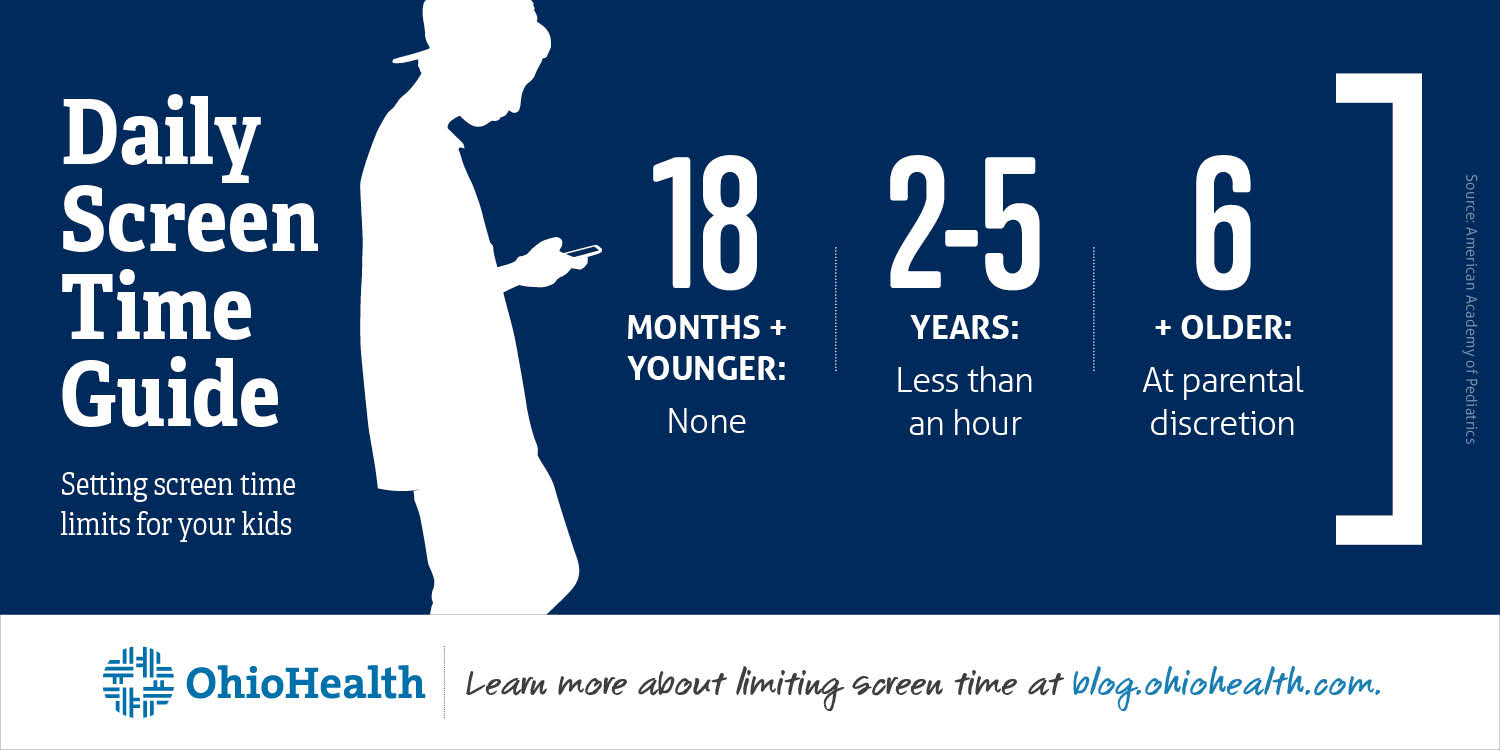
Developmental science is the scientific study of the
psychological progression humans endure (Hartup, & Silbereisen, 2002). The
developmental experts look at the changes a human being goes through in their
entire life span aiming to describe, explain and optimize development (Hartup,
& Silbereisen, 2002). A main focus of the field has been the nature vs.
nurture notion with most experts agreeing that a human’s development is
essentially influenced by both genes and the environment in which the grow. One
of the defining assumptions of developmental science is that children can be
molded during the formative years (Hartup, & Silbereisen, 2002). While it
is true that children will show their unique personalities during the first
seven years of life, the reality is that individual characteristics interacting
with the experiences they encounter through their childhood, is what forms the
personality (Hartup, Silbereisen, 2002). After all, new experiences may change
the lessons we have learned in the past, and this is true for adults as well.
In addition, other things may influence a personality including our parent’s
rearing practices. While the idea of children being able to be “molded” into a
desirable state it’s still debatable, the truth is the experiences and habits
our children have during those crucial years, may affect life as adults.
Thus, the increase in use of technology by young children
and adolescents is causing concerns among experts. With an increase in mental
disorders reported among youth (Knoujaa, Munato et al), it is no wonder
scientists have increase their desire to learn of a possible association
between screen time and mental health conditions. Screen time refers to the use
of television, computer, or smart portable device such as a cell phone, iPad,
or tablet. Sedentary behaviors such as those just mentioned, are
associated with anxiety and depression levels (Knoujaa, Munato et
al).

In a study conducted in the UK a group of adolescents and
teenagers were surveyed. Those surveyed were asked regarding the time they
spent either watching TV, texting or web surfing. Once the same group of kids
turned 18 years of age, they were once again surveyed this time to assess their
depression and/or anxiety levels. The study found a positive correlation
between screen time use and depression and anxiety symptoms( Knoujaa,
Munato et al). In another study conducted in the USA, researchers have
concluded that as little as 2 hours daily of exposure to screen time can be
enough for an adolescent to show symptoms of depression or anxiety (Zinkk,
Belcher, et al) later on in life. International data shows that screen time
increases over time with adolescents showing the longest times of upwards of 6
hours daily (Mutzz, Mulher, & Goring, 2019).
Behaviors that lack physical activity have been known to
increase the risks associated to cardiovascular disease and in instances being
correlated to high body mass index (Zinkk, Belcher et al). In fact, 13.7%
of children between the ages of 2-5 in the United States are considered obese (Staianoo, Kipling, et al). Furthermore, more recent studies have shown screen
time may potentially delay a child’s social skills as well (Zinkk, Belcher et
al) and may cause cognitive delays (Zinkk, Belcher et al). Children who
spend most of their days in front of a screen, become socially isolated and
lack the socialization abilities that will help them develop conflict
resolutions skills useful later in life. As a result of their lack of social
skills these children may grow to find themselves being judged by a sociable
society and can be subjected to bullying, leading to depression in adults (Multzz,
Mulher, & Goring, 2019). On the contrary, previous research has shown that
outdoor physical activity has a positive impact in self esteem (Multzz, Muljer,
& Goring, 2019) for young adults.


It is recommended children and youth limit their screen time
to less than 2 hours of it daily (Multzz, Mulher, & Goring, 2019) depending on the age. See chart above by OhioHealth on what's appropriate based on your child's age. Alarmingly enough however, pediatricians are reporting that while
pre-preschoolers are behind in their physical activity recommendations, they
are exceeding the screen time recommend by experts (Staianoo, Kipling, et al).
Nevertheless, in an era in which 80% of children in the US between the
ages of 3-5 are in “non parental” care (Staianoo, Kipling, et al) attending
child/education centers many times for a whole day, limiting the screen time
may present a challenge for families across the world.
References
Hartup, W. W., & Silbereisen, R. K. (Eds.). (2002). Growing Points in Developmental
Science: An introduction. New York, NY: Psychology Press.
Knouja, J. N., Munato, M. R., Tilling, K., Wiles, W. J., Joinson, C., Etchells, P. J., & Cornish, R. P. (2019). s screen time associated with anxiety
or depression in young people? Results from a UK birth cohort. BMC Public Health, 19(1), 82. Retrieved from http://://doi-org.proxy1.ncu.edu/10.1186/s12889-018-6321-9
Mutz, M., Muller, J., & Goring, A. (2019). Outdoor adventures and adolescents’
mental health: daily screen time as a moderator of changes. Journal of Adventure Education
& Outdoor Learning, 19(1), 56.
Staiano, A. E., Kipling, E. W., Allen, A. T., Jarrell, A. R., & Martin, C. K. (2018). Screen-Time Policies and
Practices in Early Care and Education Centers in Relationship to Child Physical
Activity. Childhood Obesity, 14(6), 341.
Zink, J., Belcher, B. R., Kechler, A., Stone, M. D., & Leventhal, A. M. (2019). Reciprocal associations between
screen time and emotional disorder symptoms during adolescence. Preventive Medicine Reports, 13, 281.



.png)
No comments:
Post a Comment